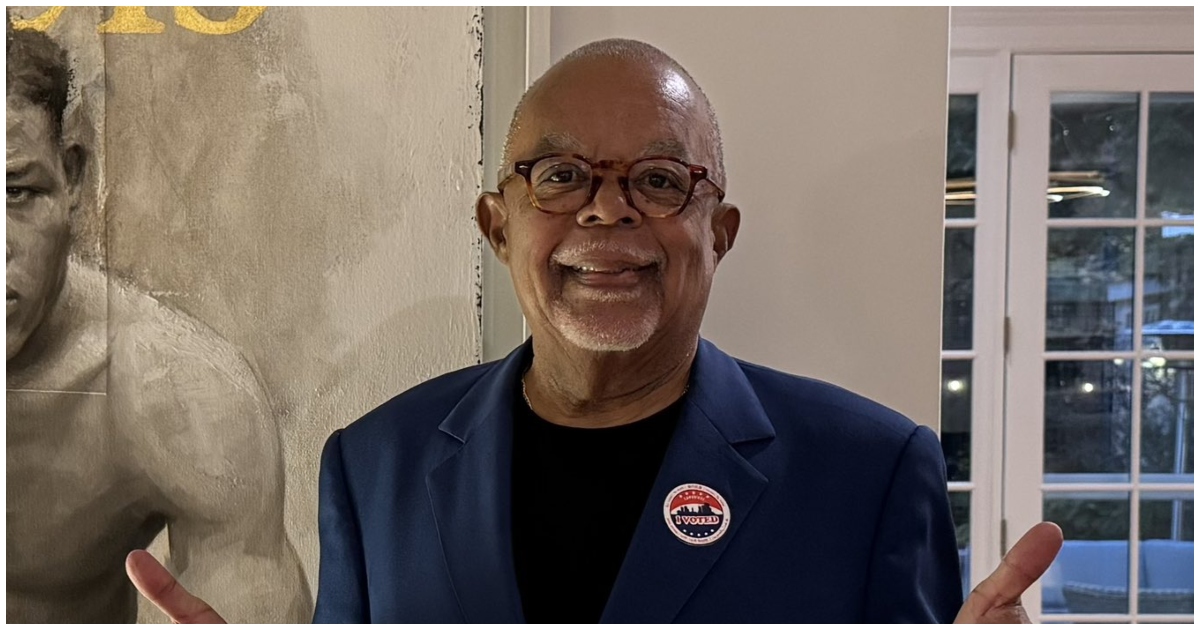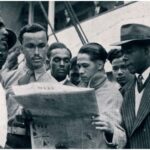Henry Louis Gates Jr.’s Historic Achievement
In 1998, Henry Louis Gates Jr. became the first Black scholar awarded the National Humanities Medal. This prestigious honor marked a significant milestone in American cultural history. Gates, an accomplished literary scholar and historian, was recognized for his contributions to African American literature and culture.
This award, established to honor outstanding American contributions in humanities, highlighted Gates’ dedication to researching and preserving African American heritage. Since this achievement, he has remained a prominent figure in academia and media, sharing untold stories and shedding light on African American experiences.
A Career Dedicated to African American History
Throughout his career, Gates has worn many hats, including professor, historian, and filmmaker. He is known as a “multi-hyphenate” intellectual, balancing his roles as a public educator and cultural critic. Gates’ ability to present African American history and literature in accessible ways has made his work influential across the U.S. and beyond.
Gates’ contributions extend beyond the classroom. His work as a filmmaker and television personality has reached wider audiences, bringing African American history into homes across the country. He has helped transform historical scholarship into engaging narratives that educate and inspire viewers.
Educational Roots and Early Accomplishments
Gates was born in Piedmont, West Virginia, and took his first academic steps at Potomac State College. He later transferred to Yale University, where he graduated summa cum laude in 1973 and was elected to Phi Beta Kappa. Gates was the first Black student to receive the Andrew W. Mellon Foundation Award, which enabled him to study English literature at the University of Cambridge.
After earning his Ph.D. at Cambridge in 1979, Gates held academic positions at Yale, Cornell, and Duke universities. By 1991, he joined Harvard University, where he directed the W.E.B. Du Bois Institute for African and African American Research. Today, he leads the Hutchins Center for African & African American Research at Harvard, furthering his commitment to uncovering and celebrating African American history.
Media Achievements and Cultural Influence
Gates’ television series African American Lives, which aired on PBS in 2006, was groundbreaking in its approach to genealogy and storytelling. The show traced the family histories of notable Black Americans, becoming a template for other projects, including Faces of America and Finding Your Roots. These programs made genealogical research accessible and relevant to millions, inviting viewers to explore their own histories.
In 2013, his series The African Americans: Many Rivers to Cross received an Emmy, a Peabody Award, and an NAACP Image Award. Gates’ work in media continues to educate and entertain, connecting the past with the present and ensuring that African American stories remain a vital part of American cultural identity.
Henry Louis Gates Jr.’s Ongoing Legacy
Today, Gates’ impact is seen in classrooms, television screens, and cultural institutions. His lifelong commitment to African American studies and public education continues to inspire new generations. By blending scholarship with storytelling, Gates has built a legacy that celebrates African American culture while promoting broader cultural understanding.
The National Humanities Medal he received in 1998 was only the beginning of a storied career. Gates’ work reminds us of the importance of recognizing and honoring diverse voices in American history.





